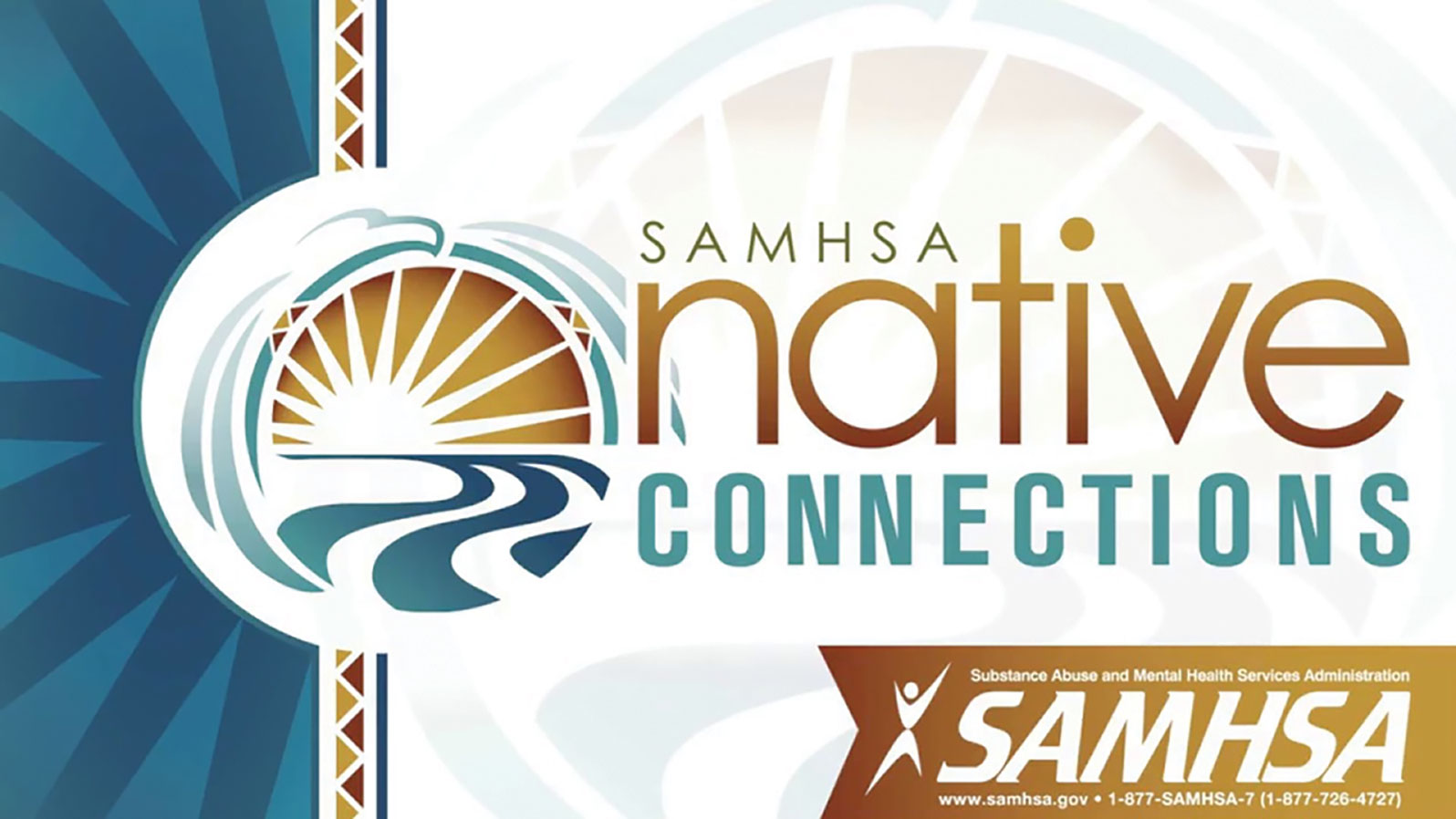BEHAVIORAL HEALTH
Growing up (and still today) my mother reminds me to watch my self-talk. “What are you telling yourself about this situation?” she will say. Self-talk is sometimes known by other terms like “inner voice” or, unfortunately, self-talk might appear as an “inner critic.” Managing or shaping self-talk is one of the foundations for a lot of therapies. The goal is to be aware of the kinds of thoughts you might have about yourself that either nourish and support you or tear you down.
I was the kind of kid who was always hard on myself. I’m not sure why and how I developed that habit, but even if I did well on something, I would still catch myself thinking, “I should have done even better.” I have to work every day on catching myself on the words I use. If I start a sentence with, “I should … ” I try to stop myself there. Even switching from “I should have … ” to “I could have … ” helps ease that self-critique.
Another common example is that let’s say we all do something we know isn’t in our best interest. We might start self-blaming and guilting ourselves which won’t help us feel much better and might even de-motivate us. But if supplementing those critiques for something like, “I’m not a perfect human being. Expecting myself to be perfect and always do things perfectly is not only unrealistic but also a huge, unfair burden to place on myself. When I don’t do things perfectly, it’s a great opportunity to remind myself what my values are. And why I’d like to stick to such-and-such path.”
There’s actually quite a lot of behavioral science around positive messaging and the tremendously productive effect it has on humans and animals versus punishment approaches. This might sound funny, but I started learning about this in training an abused dog I recently rescued. I started reading all kinds of books about training and taking some lessons with trainers. To boil it down, although many of us grew up with an idea that we should be hard on animals, ourselves, or others to make them do something or to shape behavior, behavioral science (that studies success levels as well as stress levels) now demonstrates that behavior is more likely to improve if we encourage, support, and reward that which is going well. But it’s a hard habit to break, that conditioning we get that being tough produces results.
So, when I think about this and my mother’s reminder, “watch your self-talk” I try to reshape what I tell myself when things don’t work out like I hoped or when I wish I had done better at something. Some examples that you might find therapists recommending are phrases such as:
- That was really hard, and I was doing my best to survive. I learned a lot from that experience and my eyes are opened again now.
- Perhaps that situation was a test from the Creator. If we always did everything perfectly, we would lose opportunities to grow.
- Even though none of us like difficulty and struggles and painful times, when we look back on our lives and think about those experiences that really shaped us into better people, it’s usually those hard times.
Has someone ever told you to talk to yourself like you would talk to your best friend? That’s another helpful guiding tool. The more we can have compassion for ourselves and save the energy that it takes to critique ourselves, the more we can invest that energy into all the things we are doing well. Forgiving ourselves helps refill our cup in life, it helps us feel good about ourselves too so that we have more love and energy to give to our families, friends, and community.
Here’s to your good health!
It’s okay not to feel okay.
If you or someone you know has been struggling with their emotions, behaviors, or substance use please reach out to us. We can help you find appropriate tools and services that could help you overcome obstacles in your life. We are here for you. Please contact the Southern Ute Behavioral Health Division at 970-563-5700 for more information or to set up an appointment to see a counselor or therapist.
Reminder: If you need to talk to someone, please reach out.
And for those interested in opioid use education, harm reduction, and support, please contact us for quick Naloxone (Narcan) training and fentanyl test strips. We can schedule individual, family, or friends training times at our Southern Ute Behavioral Health Building, or we can come to you, and the training is around 30 minutes. Please call us at 970-563-5700 to set up a training appointment.

